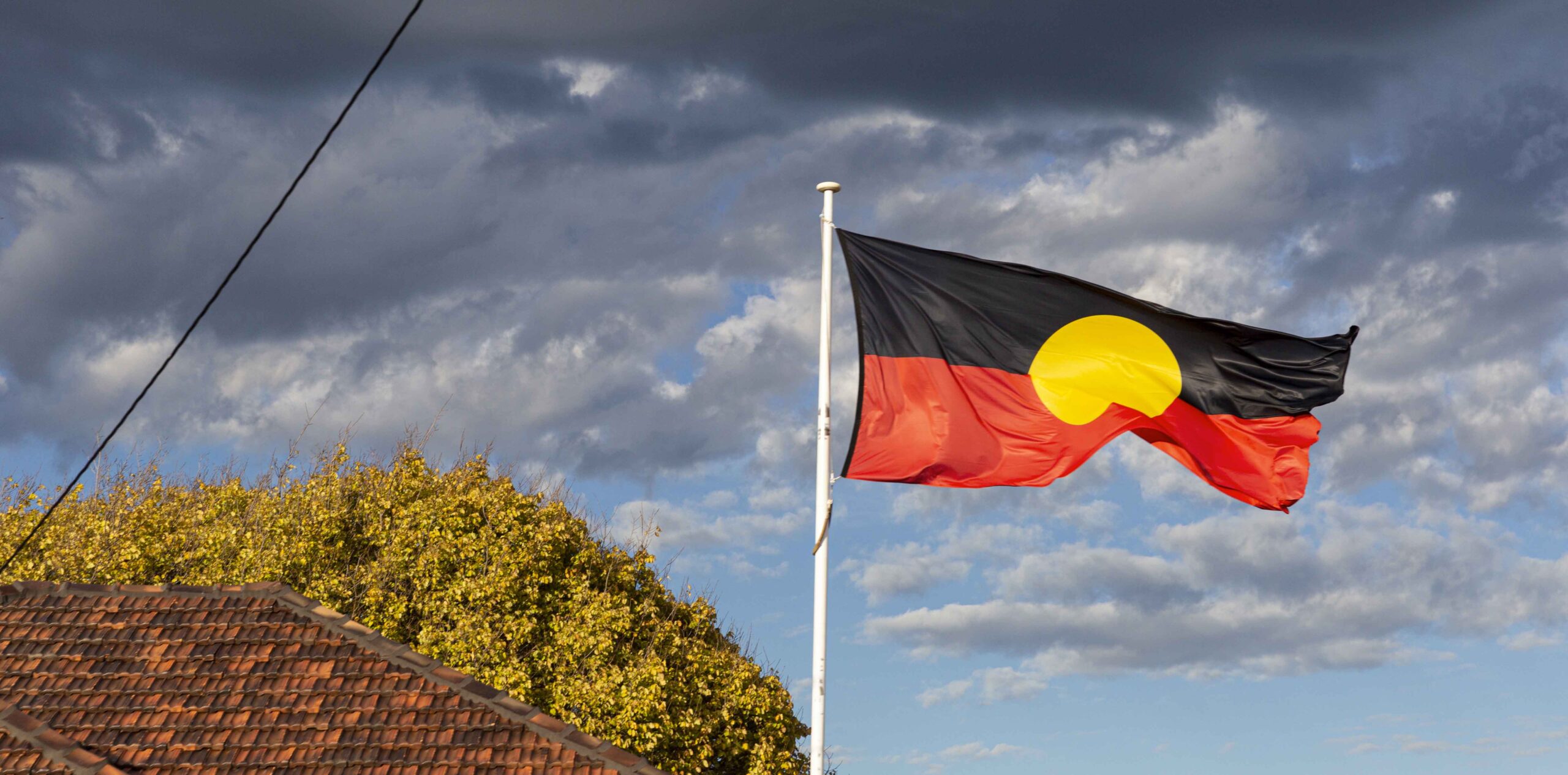Working in an Aboriginal Community Controlled Health Service is unlike a regular GP job, but it’s the essence of general practice.
I love my job. It’s not always easy, but nothing that’s worth doing is always easy.
Of course, the job I do is just the same as every other GP’s should be. I see patients who are
The knowledge, skills
In some ways, my work is unlike other GPs’. My patients have multiple chronic diseases at much younger ages – about 10-15 years younger quite often, so during what should otherwise be the peak of their working life.
A lot of my workload is complex mental health as so many people have had multiple traumas as children and young adults. This work needs longer consultations, and more consultations over a long
When I started working in Aboriginal and Torres Strait Islander health over 18 years ago, I knew about the statistics, and I probably thought about it in the way it’s often taught, as a collection of health conditions. Doing Aboriginal Health meant learning about diabetes, heart disease, renal failure, ear disease and mental health, only more-so, in some undefinable way.
As I’ve listened to more and more stories from my patients, though, plenty of other things get in the way of managing the medical conditions. I’ve met people who’s housing is unsuitable or overcrowded and making them more unwell. I’ve met people where their Centrelink requirements make them more unwell. Almost everyone I meet has been treated badly in healthy services at some point.
The issue here is not the medicine, it’s understanding people’s experiences. What got them here? What stops them from living their lives? To manage this often means being patient advocate. I might not like doing housing or Centrelink forms, but the only person who loses out if I don’t fill them out is my patient, and this is a form of advocacy.
Often I feel like I’m fighting the rest of the health system just to get care that should be routine for my patient – they need to meet the service eligibility criteria, be able to afford the professionals and the treatment, physically get there, in among all their other commitments, and then be treated with respect. It’s only when all this is in place that the medicine actually counts.
I’m lucky, though. I work in an Aboriginal Community Controlled Health Service, which provides services and people that make this access to care more likely to happen. I work with Aboriginal Health Practitioners and Health Workers who are part of the community and know it inside out. I work with a team of excellent GPs and nurses. And we have specialists and allied health visiting and providing telehealth consultations, and a social and emotional wellbeing team. But because being healthy needs more than just medicine, we have a community garden, a subsidised fresh fruit and vegetable program, and housing and NDIS assistance.
While I probably earn less than many of you, I’m on a salary, with sick leave, holiday pay, work cover, and income that doesn’t take a hit for managing patients with complex problems. As the service name implies, I don’t own or run the service. It’s run along co-operative lines, by the local Aboriginal community. Essentially, I’m employed by the community to provide excellent clinical care for them, which was the job I was trained to do.
Importantly, and this is often very difficult for doctors to do, I take a step back from control. This is crucial. For over 200 years now, we have tried to control the lives of Aboriginal and Torres Strait Islander people, and it has only created problems. Self-determination – allowing people control over their own lives – is crucial for health, and Aboriginal Community Control is precisely this in action. Community control is not only a provider of services to people, but it is a provider of employment, of education – a provider of empowerment.
Aboriginal Community Controlled Health Services as a sector are the best example in Australia of the provision of primary health care as described by the WHO at Alma Ata in 1978. We can all learn from their example of providing care that’s effective and responds to the needs of their community. I’m privileged to be able to work in a setting where my skills can be used to the highest level in a community where they can really make a difference. I can’t put it better than one of my patients, though, who told me: “I just want to be cared for by my people, and people who care for my people.”
Dr Tim Senior has worked for about 16 years at Tharawal Aboriginal Corporation, the Aboriginal Community Controlled Health Service in South West Sydney. He is on the editorial board of The Medical Republic.


